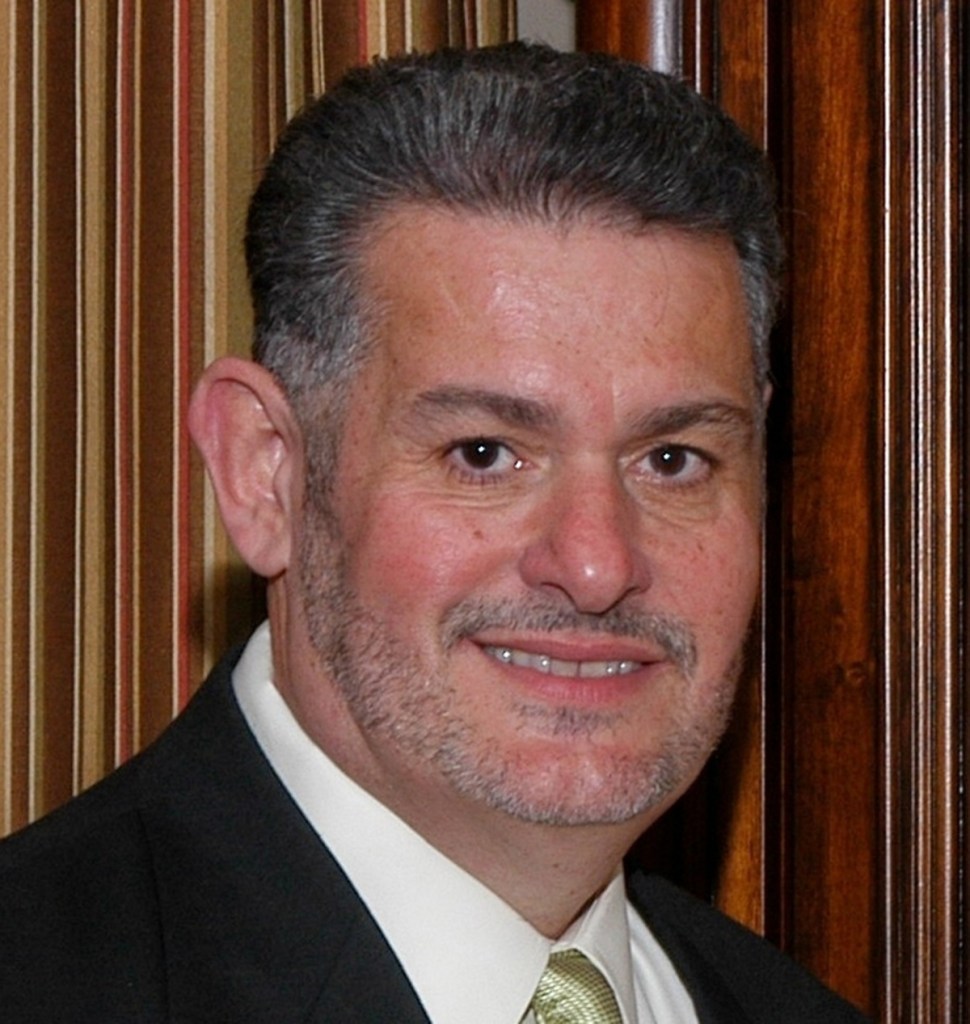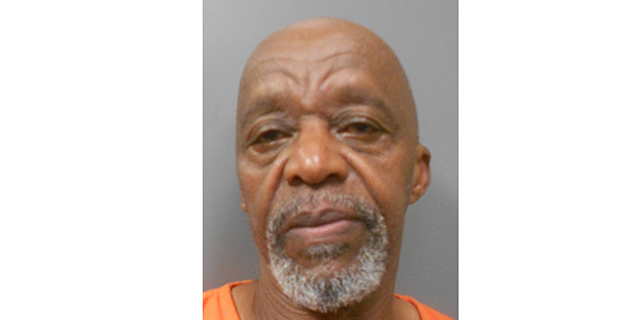Former Clerk of Court Thibodeaux to begin serving sentence
Published 9:28 am Friday, October 15, 2021

- Mike Thibodeaux
Today 16th Judicial District Court Judge Lewis Pitman rejected a motion to allow former Iberia Parish Clerk of Court Michael Thibodeaux to serve his 30-month sentence on malfeasance in office charges under home incarceration, instead ordering him to report to the Iberia Parish Jail no later than 12:30 p.m. Tuesday to begin serving his sentence.
Thibodeaux was convicted in May, 2019, on one count of racketeering, two counts of theft over $25,000, one count of theft between $5,000 and $25,000, two counts of filing or maintaining false public records, seven counts of malfeasance in office and one count of perjury. The racketeering count was overturned on appeal, and three non-unanimous verdicts were overturned after a U.S. Supreme Court ruling made them unconstitutional.
In a hearing on a motion to make the sentence executory, in other words to have Thibodeaux begin serving time in jail, defense attorney John McLindon presented a motion to amend the sentence, taking it from time served at hard labor to home incarceration based on the ongoing COVID-19 concerns, Thibodeaux’s current medical issues with coronary artery disease, and three of the 14 counts against Thibodeaux being overturned due to the U.S. Supreme Court’s ruling in Louisiana v. Ramos, which ruled non-unanimous verdicts unconstitutional.
McLindon also argued that no money had actually been taken and that no clients of the office had suffered a loss.
16th Judicial District Court Assistant District Attorney Claire Howington pointed out that under Louisiana law three conditions had to be met in order to qualify for home incarceration. Because Thibodeaux was sentenced to hard labor, and also did not have a recommendation from either the Department of Corrections or the 16th JDC District Attorney for home incarceration, he did not meet the requirements.
She also argued that all of the issues McLindon raised had already been presented at trial.
“We have heard all of these things before,” Howington said.
In his comments, Pitman said Thibodeaux’s active sentences were for three counts — issues with a “cash box” kept in the office, the purchase of the Sam’s Club card for an office employee, and the use of credit card points to pay for a potion of a hotel stay during a trip to Texas.
“They do not deal with the transfer of funds,” Pitman said. “The vacation of three counts does not change the sentence.”
Pitman then denied the motion to amend the sentence and granted the motion to make Thibodeaux’s sentence executory, ordering him to report to the Iberia Parish Jail no later than 12:30 p.m. Tuesday.
Thibodeaux was indicted in June, 2018, after a state investigative audit of the clerk’s office that found, between 2013 and 2016, more than $300,000 in advance court costs were kept in an account rather than being refunded, and that more than $200,000 of that amount was moved into an account for salaries and other expenses in the office.
The funds in question were from court costs paid in advance for ongoing cases. State law requires the clerk must hold those fees for five years before refunding them, but in many cases there was no judgment or other resolution to indicate that the litigation was complete.
The 14 charges were grouped roughly into three categories. One set of charges related to the process of “sweeping” funds paid in advance for court fees and costs from the office’s fiduciary account to its operations account after those lawsuits had been dormant for several years. State law requires that those dormant funds be sent to the state’s unclaimed property office, although very few clerks of court in the state had followed the practice until after a state legislative audit of Thibodeaux’s office.
Another group of charges involved a series of 344 uncashed refund checks the Clerk of Court’s Office sent out to attorneys and litigants for reimbursements. After those checks had been uncashed for years, Thibodeaux created new checks with the same account numbers but with the Clerk of Court’s Office as the payee, so the money could be moved from the fiduciary account to the office’s operating fund, instead of to the state unclaimed property account as required.
A third set of charges involved the keeping of a “box of cash” which was made up of cash register overages from the clerk’s office. Under state law, those monies should have been transferred to the office’s operating account. That set of charges also included improprieties in purchasing of a Sam’s Club card for an office employee using office funds and the use of credit card points accumulated on an office credit card to pay for a hotel stay in Texas.





